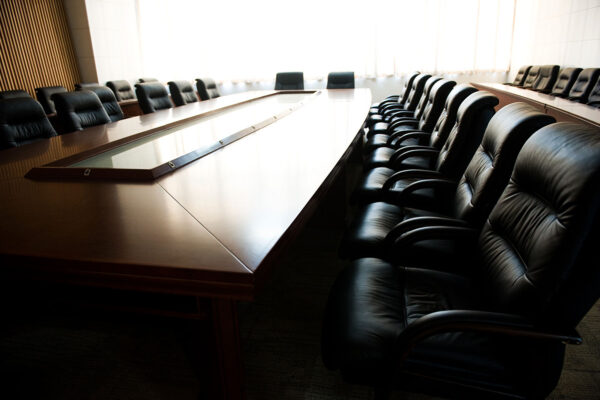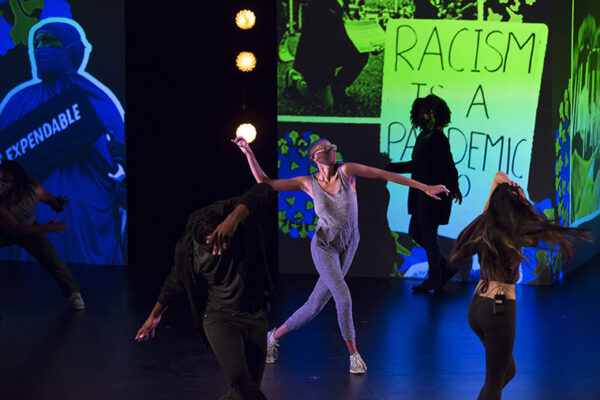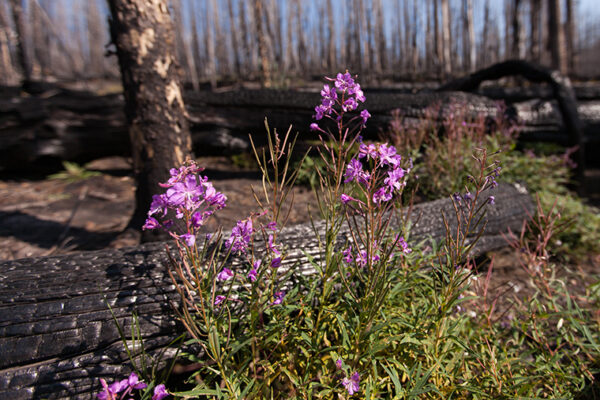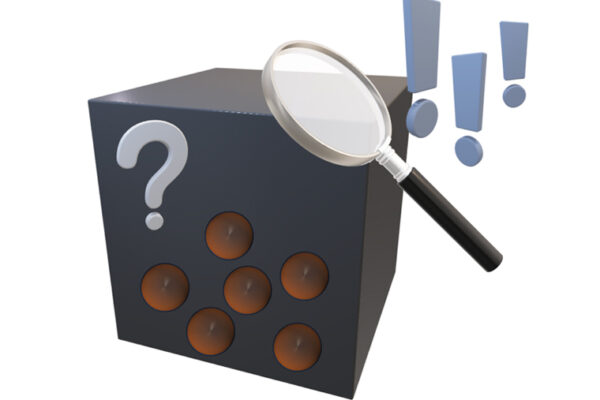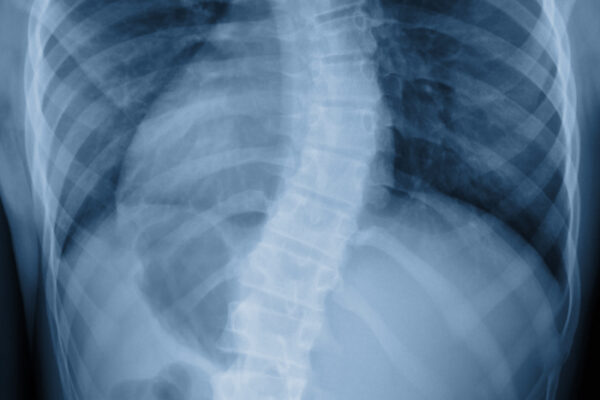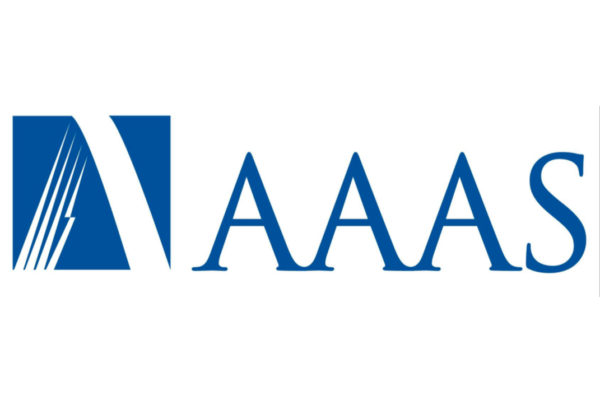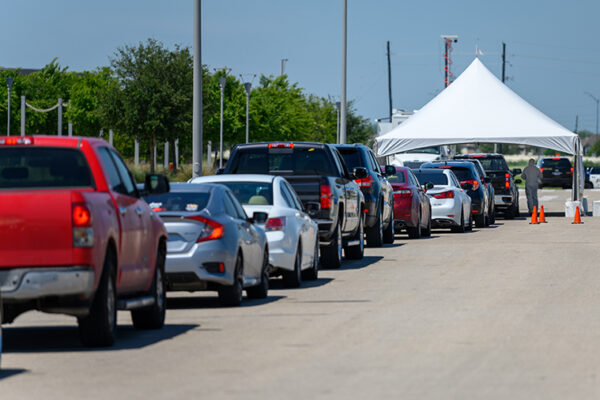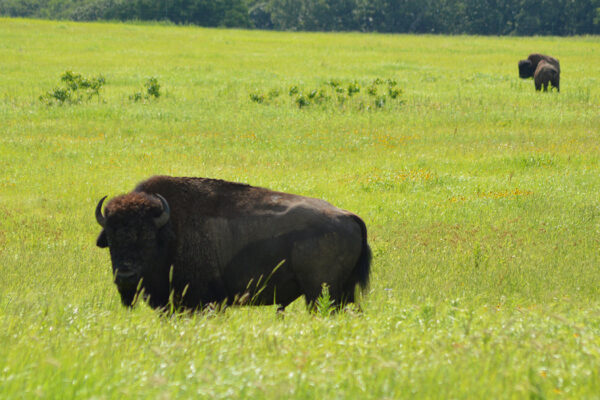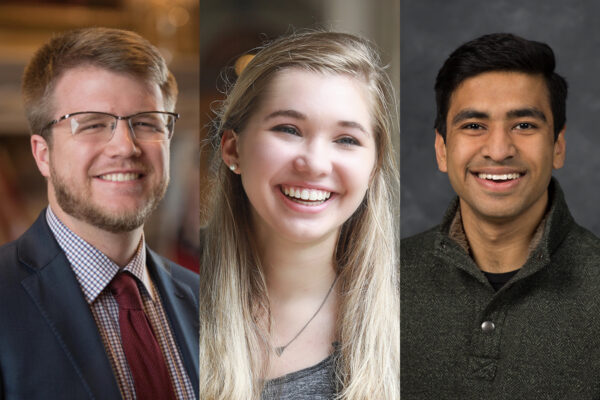Wanted: Board of directors’ member with bankruptcy experience
Olin Business School researchers were part of a team that learned firms take more risks after a member of their board of directors undergoes a bankruptcy at another firm where they serve as a director. The co-authors discovered such risk-taking usually occurs when this particular director both experienced a quick, less-costly bankruptcy elsewhere and serves in a position of greater influence.
‘Remember… That Time Before the Last Time’
Protest and contagion. George Floyd and Breonna Taylor. Anti-maskers and contact tracing. In “Remember… That Time Before the Last Time,” students from the Performing Arts Department in Arts & Sciences join forces with Ron Himes and The Black Rep to reflect on the year that has been and to explore their own experiences of social protest, law enforcement, COVID-19 and the Black Lives Matter movement.
In fire-prone West, plants need their pollinators — and vice versa
A new study from the northern Rockies explores the role of fire in the finely tuned dance between plants and their pollinators. The research from biologists including Jonathan Myers in Arts & Sciences at Washington University in St. Louis is published Nov. 25 in the Journal of Ecology.
Inside the black box of iron oxide formation
Young-Shin Jun, an engineer at Washington University in St. Louis, has developed a new use for a high-energy X-ray technique that has allowed her the first glimpse at the formation of iron hydroxides on a quartz surface. The implications are sweeping.
Severe scoliosis in African Americans focus of $3.2 million grant
Researchers at Washington University School of Medicine in St. Louis have received a five-year $3.2 million grant to study the genetic basis of the musculoskeletal disorder scoliosis, and particularly how it affects African Americans and other underrepresented minorities.
AAAS names 7 Washington University faculty as 2020 fellows
Seven faculty members at Washington University in St. Louis are among 489 new fellows selected by the American Association for the Advancement of Science (AAAS), the world’s largest general scientific society.
Stronger memories can help us make sense of future changes
Jeffrey Zacks’s latest research turns on its head some popular beliefs about memory, showing that a failed prediction isn’t simply a failure, but also a cue which can help people update their understanding — as long as they realize their prediction was wrong.
COVID-19 cases could nearly double before Biden takes office
The number of confirmed COVID-19 cases are likely to increase to 20 million by the end of January, nearly doubling the current level of 11.4 million cases, predicts a Washington University in St. Louis COVID-19 forecasting model.
Secrets of the ‘lost crops’ revealed where bison roam
Research from Washington University in St. Louis helps flesh out the origin story for the so-called “lost crops” of the Midwest and Northeast. These plants that may have fed as many Indigenous people as maize, but until the 1930s had been lost to history. Natalie Mueller, assistant professor of archaeology in Arts & Sciences at Washington University in St. Louis, shares evidence that bison were “co-creators” — along with Indigenous peoples — of landscapes of disturbance that gave rise to greater diversity and more agricultural opportunities.
Three Washington University scholars were Rhodes finalists
Two Washington University in St. Louis students and a recent alumnus were finalists for the prestigious Rhodes Scholarship.
View More Stories
